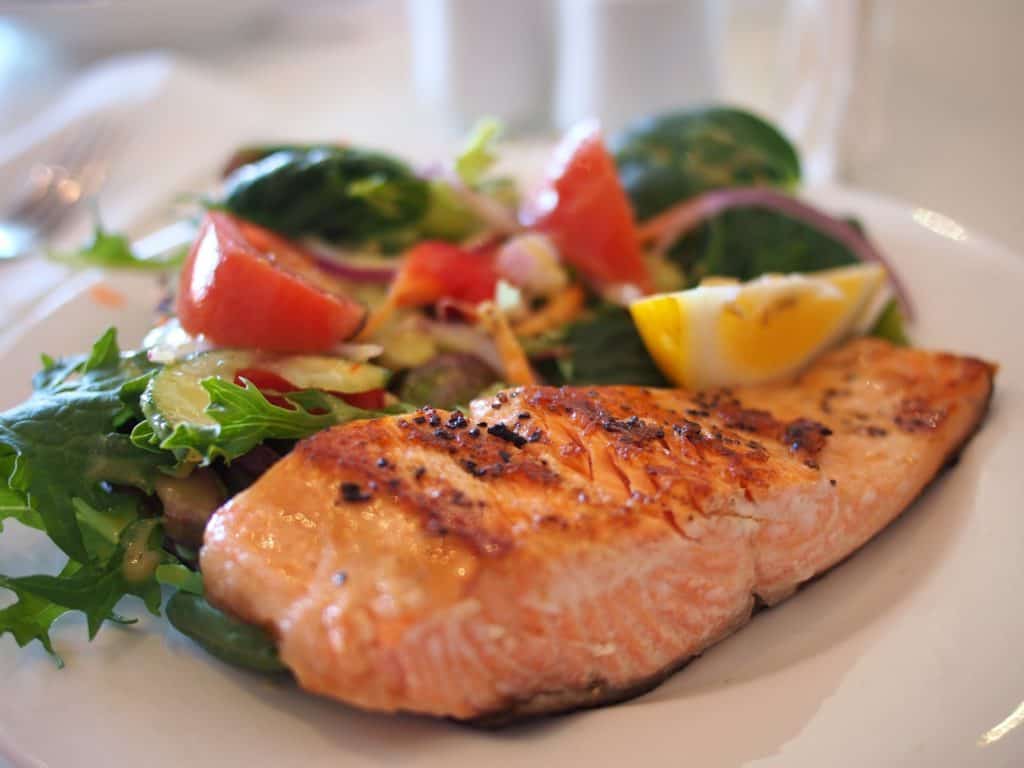How Diet and Mental Health are Connected
Did you know that links have been found between low levels of nutrients (like magnesium, zinc, and vitamin D) and feelings of anxiety and the risk of depression?
You already know that food affects your body, but it plays a part in your mental health as well. What exactly is the food and mood connection, though? What can you do to help your own connection?
Serotonin
Serotonin is one of the neurotransmitters that help regulate appetite, moods, and sleep, and it also helps inhibit pain. Almost 95 percent of your body’s serotonin is produced in your gut, so it’s no wonder your mental health can be affected by a lack of nutritional food.
If you’re eating a more “Western” diet, your body likely isn’t getting all the nutrients it needs. This diet tends to lean more heavily on things like refined and processed foods and sugars, rather than on what other diets depend on. The Mediterranean diet, for example, places a large focus on fruits, vegetables, fish, and unprocessed grains.
Other diets, like traditional Japanese or even Korean, also contain fermented foods, which are great for helping your gut produce good bacteria.
How You Can Help Your Mood
If you find that there are a lot of processed foods in your diet, the most obvious thing to do is cut it all out, or at least reduce how much of it you are eating. You can take other steps that might not feel as drastic, though.
Eat Consistently
One of the most important things you can do is remain consistent with your diet. If you’re not eating regularly, not only is your blood sugar going to drop, but your body may enter into fight or flight mode. It doesn’t know when it’s going to get its next meal, so you’re a lot more likely to be anxious without even realizing why.
The worst thing you can do when trying to eat healthier is to cut down altogether. Remember, you don’t have to be perfect all the time. If you’re in a rush and need something easy, then it’s better to eat than to starve.
What matters the most is that you’re eating.
Healthy Fats
Some of the best food for your brain is healthy fats. You can get these from things like olive oil, nuts, seeds, oily fish, avocados, and even eggs.
What you should avoid, however, are trans fats. Most often found in processed foods, it can have a negative effect on your heart health and mood.
Need some help?
Shape Success, Live Exceptionally
Hit that button, and get started today.
Don’t Underestimate the Food and Mood Connection
The food and mood connection is more than a witty rhyme. It has the power to make a lasting impact on your life and your digestive system, and it’s something that needs to be taken seriously — especially if you’re struggling with your mental health. Remember, though, that food won’t fix everything you’re dealing with, but it can certainly help regulate your body.
Getting enough fruits and vegetables into our diets can be hard, but that’s where a good greens product comes into play!
Let Us help You Out
At CONDITIONerd we are here to help you achieve better physical and mental health through exercise. Check out the plans we offer to our customers and see if you could benefit from working with our team. And if you have questions, you can always contact a CONDITIONerd team member.
Personal trainers, like those found here, can help guide you on your pathway towards reaching your fitness goals, whether that is getting bigger, stronger, faster, more lean, or just generally feeling better.
We can get you setup with a periodized workout plan, supplement information, and advice on nutrition to help you reach your goals.
The only thing you need is some motivation and a willingness to change some old habits.
Get into contact with us to find out what membership is right for you. In a CONDITIONerd program, you’ll be surrounded by others who can help you to get where you want to be.
Generally, our clients start to see some pretty awesome changes in 2-3 months time, some sooner.

